As parents, we want the very best for our little ones. When they are sick or uncomfortable, it is difficult to watch, and this is particularly true for chronic ailments, like eczema, that have no cure. Eczema is very common in young children, but it ranges in severity and can affect a lot of your child’s activities. There are many treatments that can help calm eczema flare ups, but there will inevitably be times when it rears its ugly head once again. Although there’s no cure for eczema, your little one may outgrow it with time, and there are also many ways you can reduce symptoms and help ensure that it does not negatively impact your child’s quality of life.
Eczema in Babies
Eczema is a skin condition that usually appears before a child reaches five years old. It can appear in various places around the body, but it is often more prevalent on joints like the elbows and knees. Nearly 1 in 5 children exhibit symptoms of eczema, but the specific cause remains unknown.
If you start to notice rashes or pink spots on your baby’s skin, it is likely that they have eczema or some other common skin disorder. The umbrella term for skin disorders is dermatitis, which is really just an abnormality of the skin. Most skin disorders go away and may come back later in life, or disappear and never come back again. Their appearance and severity is seemingly random, so the best thing you can do as a parent is to treat the symptoms and ensure your baby is as comfortable as possible.
The Importance of Sleep
We all know sleep is important. Although none of us seem to get enough of it (especially parents of young children), sleep is essential for our bodies to maintain brain function and physical health. It is particularly important for babies and young children because a growth hormone called somatotropin is released through the pituitary gland during sleep. This hormone is vital to your baby’s health, and poor sleep can have an impact on their overall growth and development. Although all babies experience many sleep disturbances in their first few years from teething, growth spurts, and developmental leaps, eczema can wreak havoc on your baby’s sleep because of itchy, burning skin.
Tips for Helping a Baby with Eczema Sleep
Up to 83% of children who suffer from eczema have difficulty falling or staying asleep. In order to make their environment more conducive to the relaxation and tranquility required for a good night’s sleep, here are some tips you can try out on your baby:
Specialized Skin Care
Oatmeal and hydrocortisone are two popular ingredients that are added to moisturizers for sensitive skin. Moisturizing your baby’s skin helps to strengthen and rejuvenate the tissue. Since eczema causes skin to become dry and sometimes crack, moisturizing it right before bedtime will help to reduce the itch. Aloe vera is another ingredient that may provide relief for eczema symptoms, so you can test and see which ingredients agree with your little one’s skin. Always ensure that the product you choose is suitable for the age range of your baby.
A Cool Environment
Hot temperatures can aggravate eczema because sweat intensifies your baby’s itchiness and pain. Additionally, overheating can really add to a baby’s discomfort when they are already struggling to sleep. Making sure your baby’s sleep environment is comfortably cool will help relieve symptoms. If your baby’s nursery doesn’t have air conditioning, make sure they’re dressed appropriately and also use a fan to help keep them cool and the air circulating.
Non-Itchy Fabrics
Bamboo fabric is one of the best fabrics for eczema-sufferers. It’s 3 degrees cooler than cotton, hyper breathable, and pleasantly cool to the touch. Because it’s also supremely soft, it doesn’t aggravate dry, sensitive skin. Stay away from wool and synthetic materials, like polyester and nylon, which are some of the worst fabrics for eczema because they cause overheating and irritation. A soft set of bamboo girl's pajamas or boy's pajamas will do wonders to soothe their irritated skin.
Humidifier
Dryness in the air can cause eczema to flare up, and if your little one is in a dry environment all night, their eczema symptoms may worsen when they’re trying to sleep. Dry air isn’t just a problem in the winter—in fact, if you’re running the AC to keep the house cool (since heat is another eczema trigger!), you may also be stripping moisture from the air. Turning on a humidifier in your baby’s room will return that moisture into the air, which will calm and hydrate the skin. Depending on the climate you live in, you may benefit from running a humidifier year-round!
Although you may not be able to cure your baby’s eczema, taking these steps to relieve their symptoms and prevent flare ups is the best thing you can do to help them get some rest. And, if your little one is still having a hard time sleeping, simply cuddling them close may just do the trick.

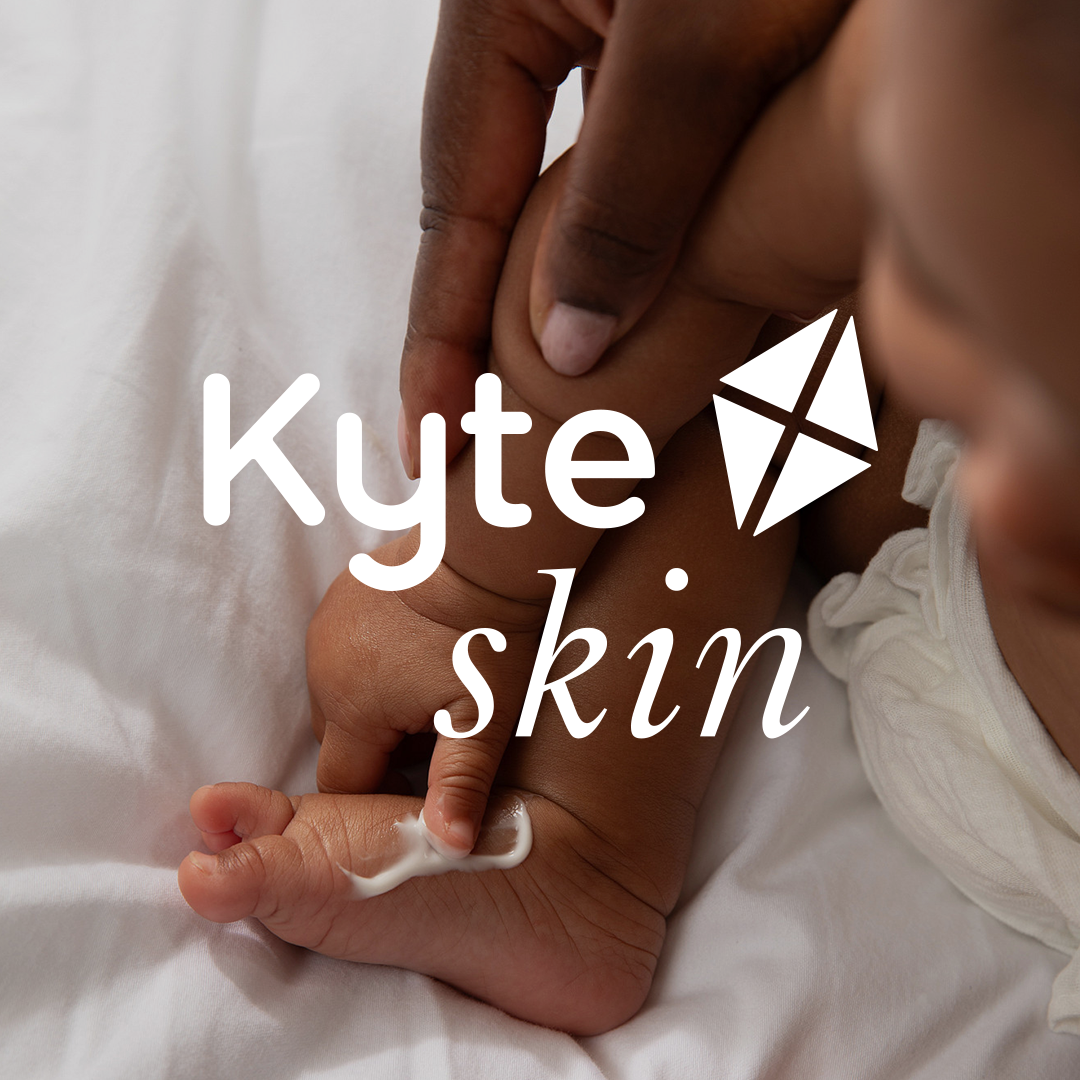









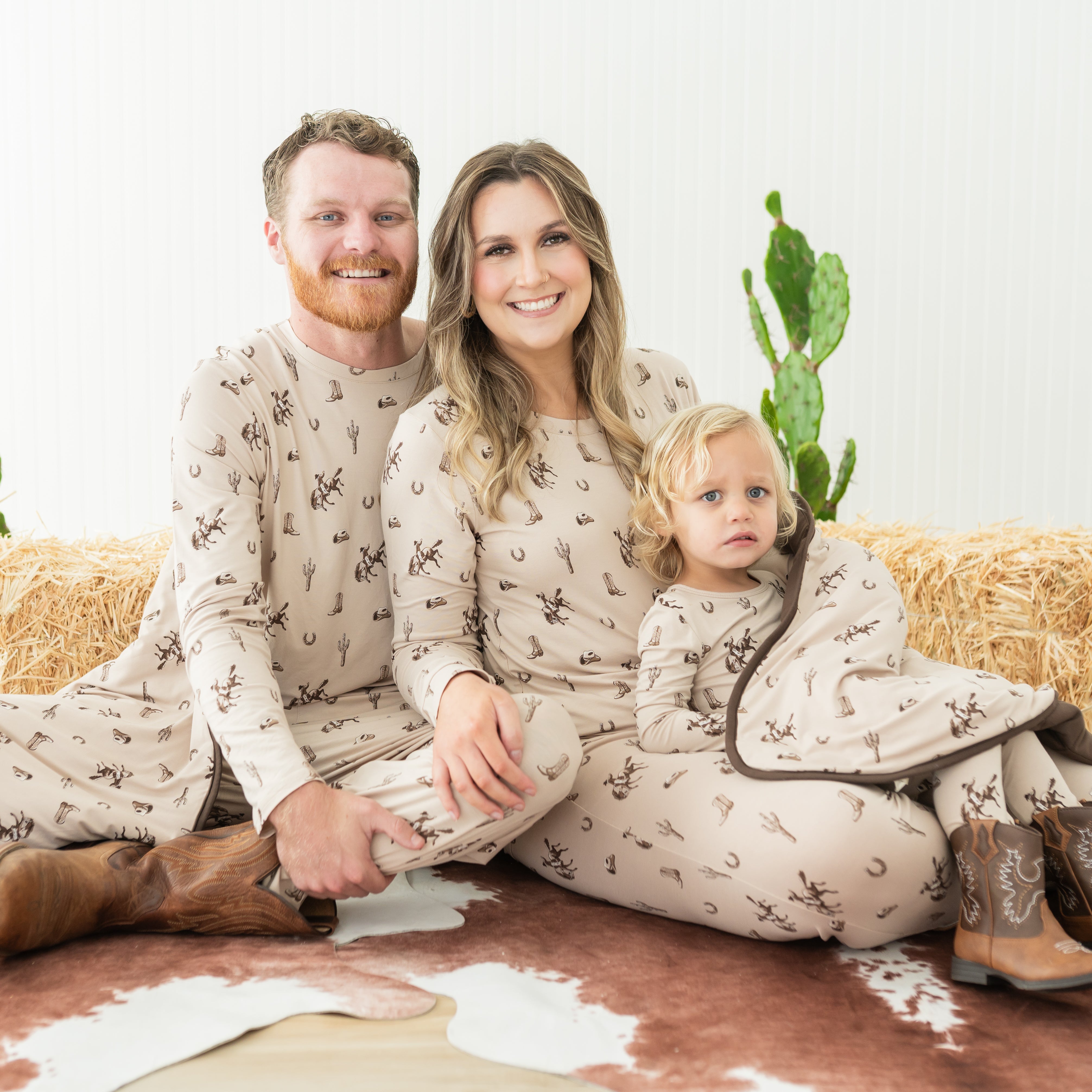
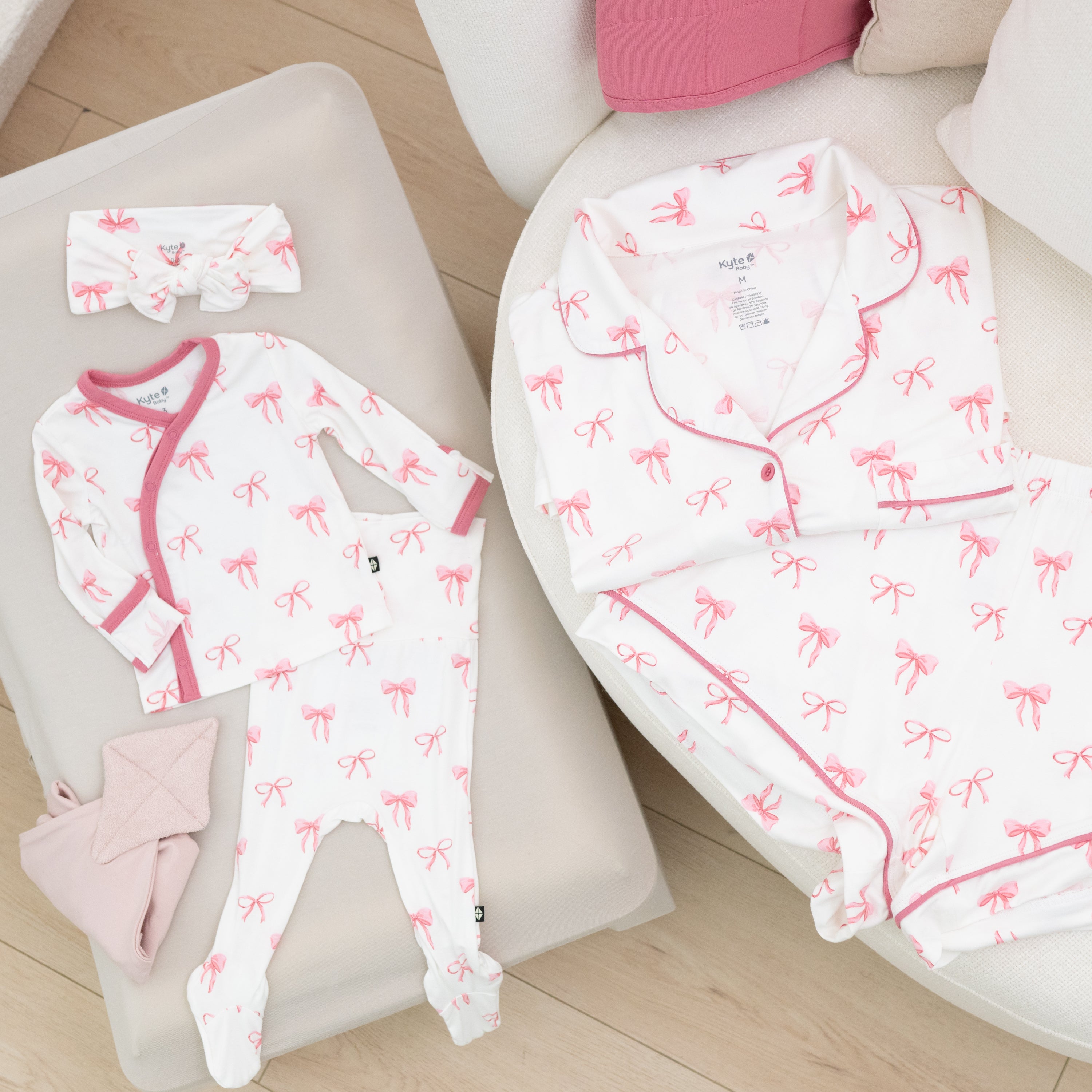
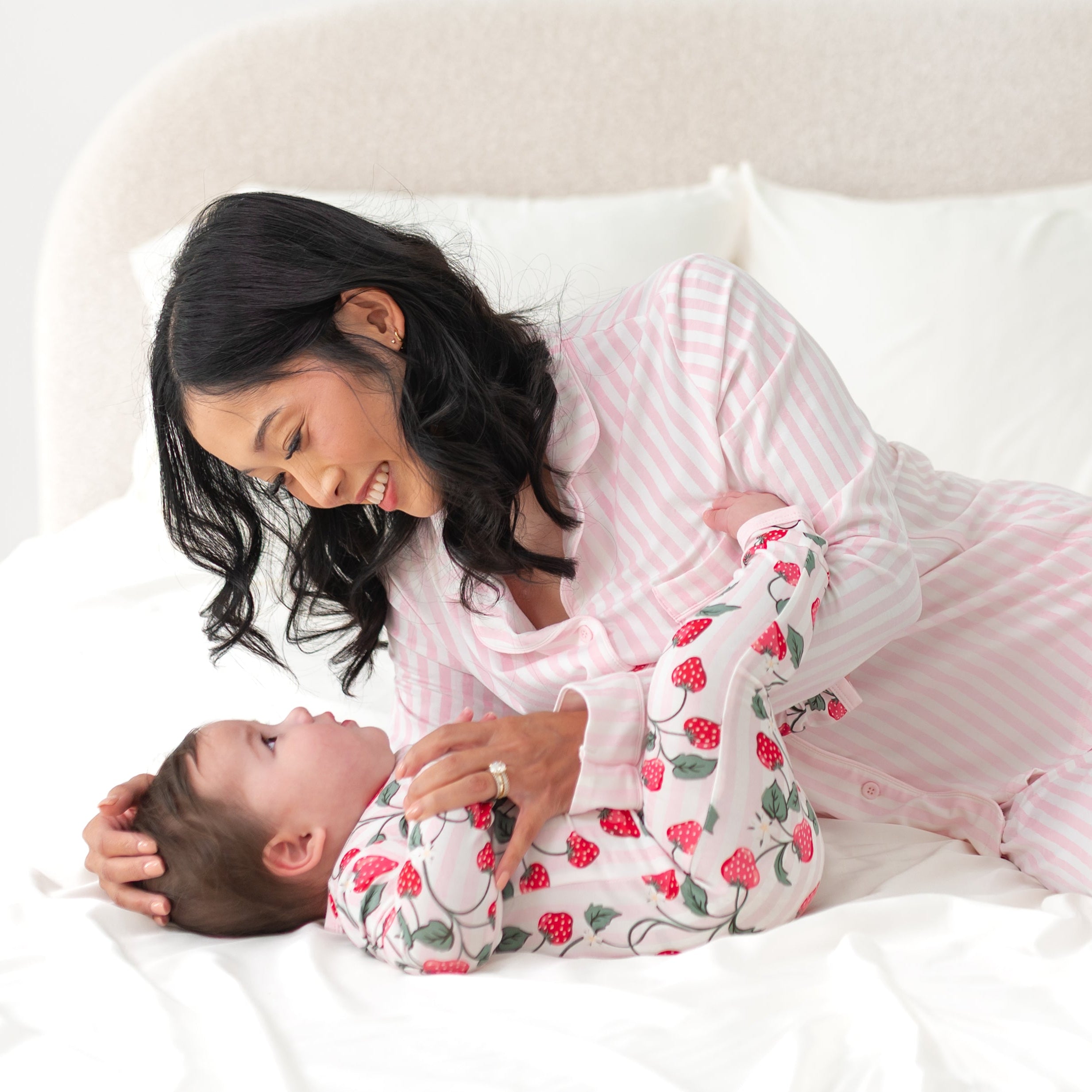
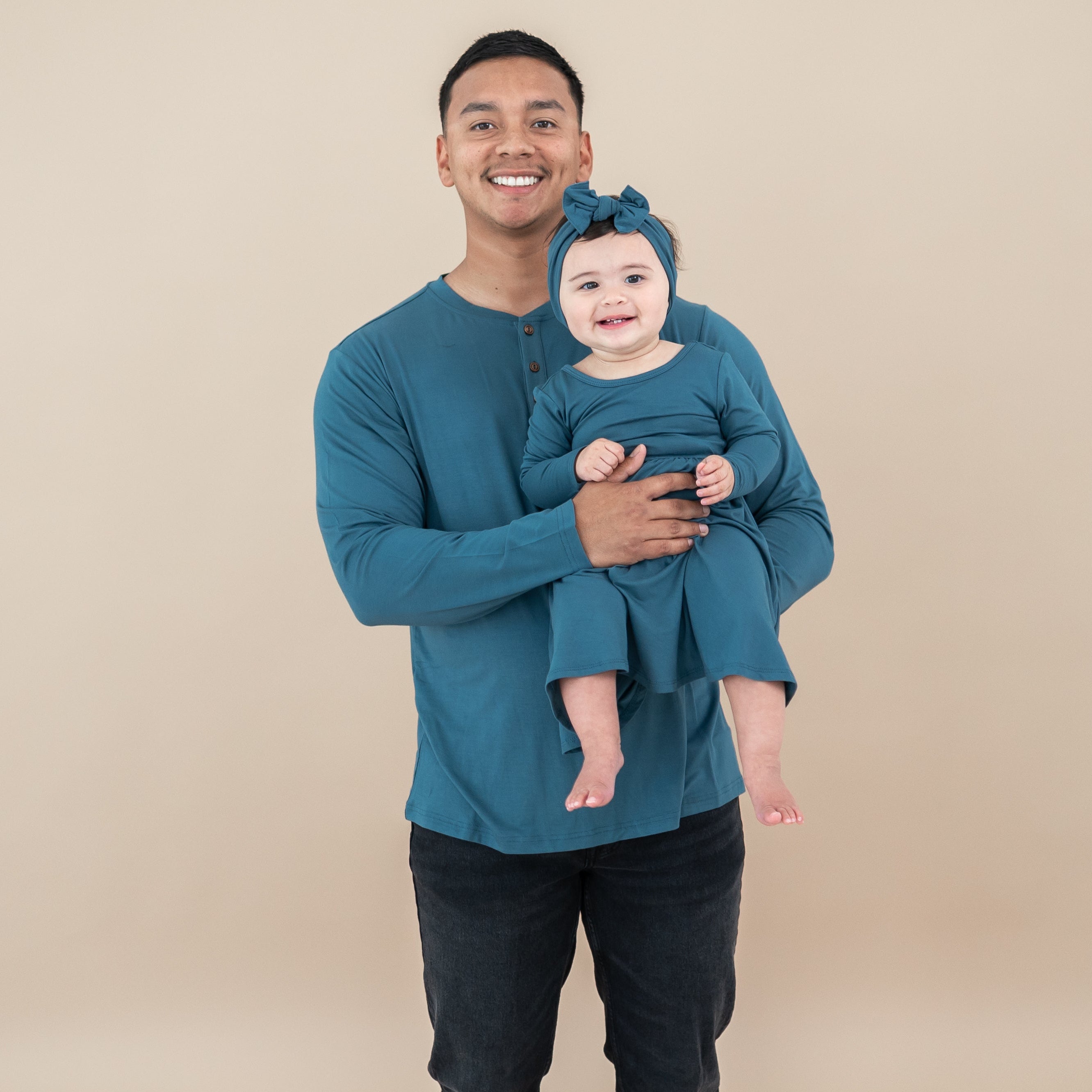
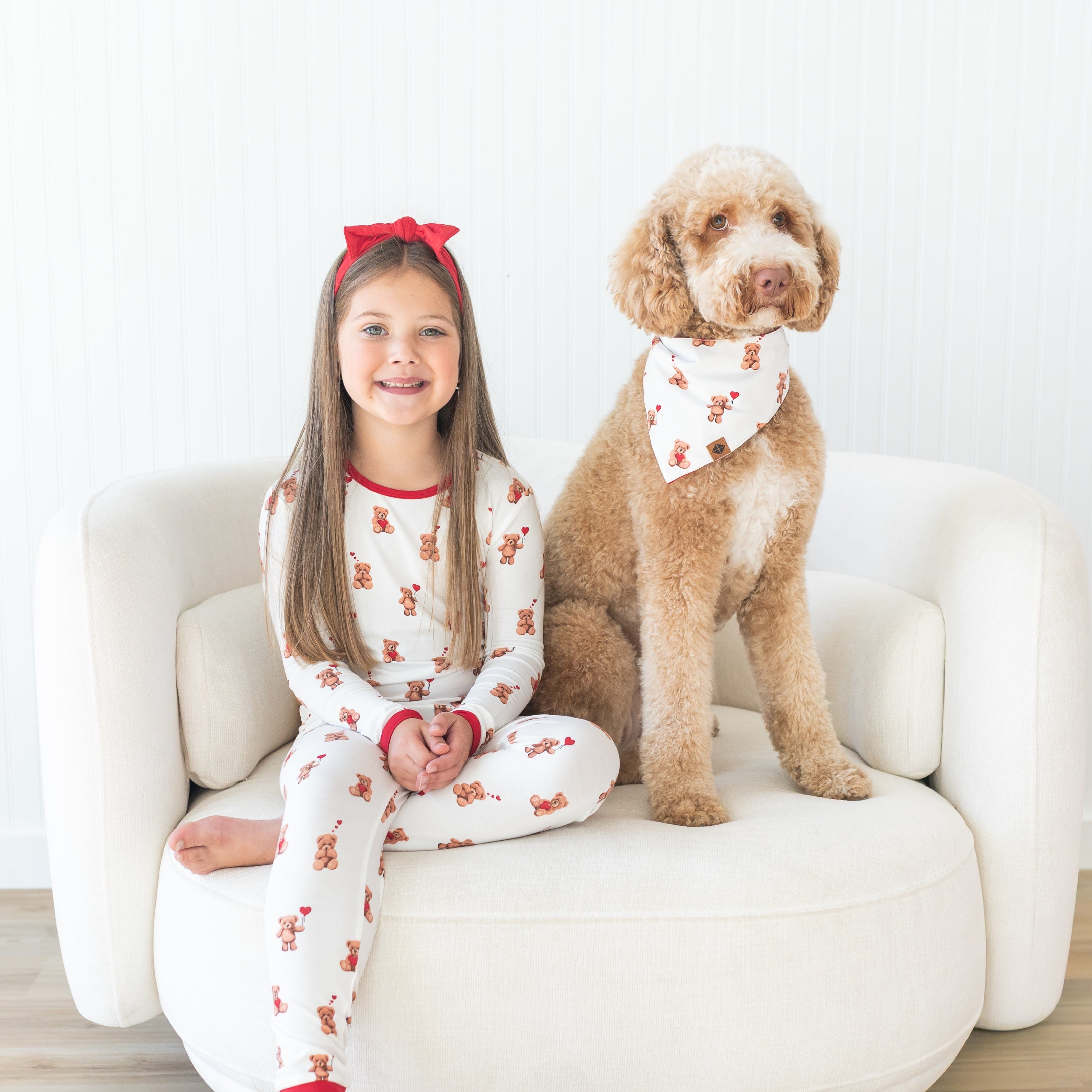
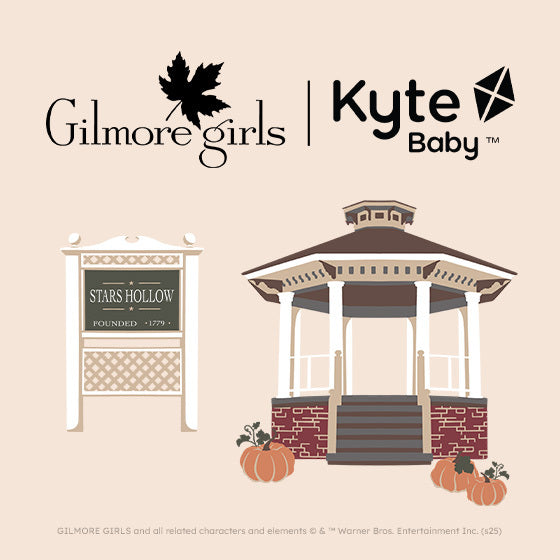

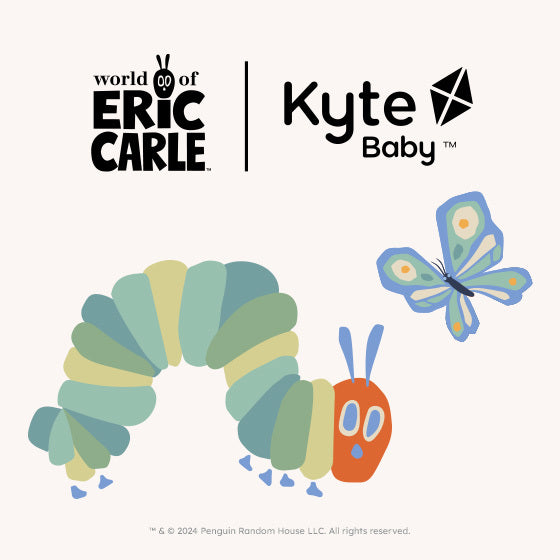



2 comments
Robtrese
My baby is 8months old now and she’s been suffering with eczema in her face since she was 3months old. Its on her face , arms and behind her ears a little. Its very hard to watch her go through this. And i dont want to put her on steroids, but thats the only thing that helps so far.
My baby is 8months old now and she’s been suffering with eczema in her face since she was 3months old. Its on her face , arms and behind her ears a little. Its very hard to watch her go through this. And i dont want to put her on steroids, but thats the only thing that helps so far.
Adrianne
I had problems with my one month baby girl skin. My Dr said she had dry skin and egzema… with only foderma eczema serum the problem has been solved.
I had problems with my one month baby girl skin. My Dr said she had dry skin and egzema… with only foderma eczema serum the problem has been solved.